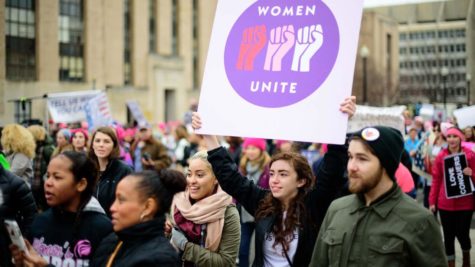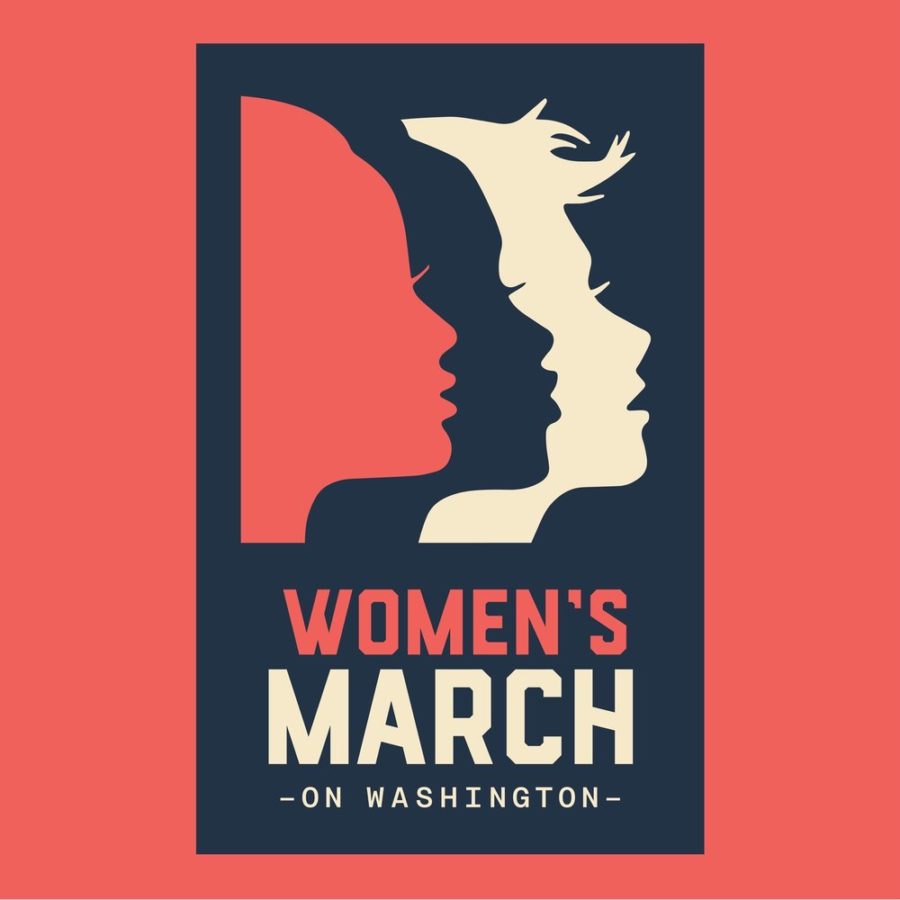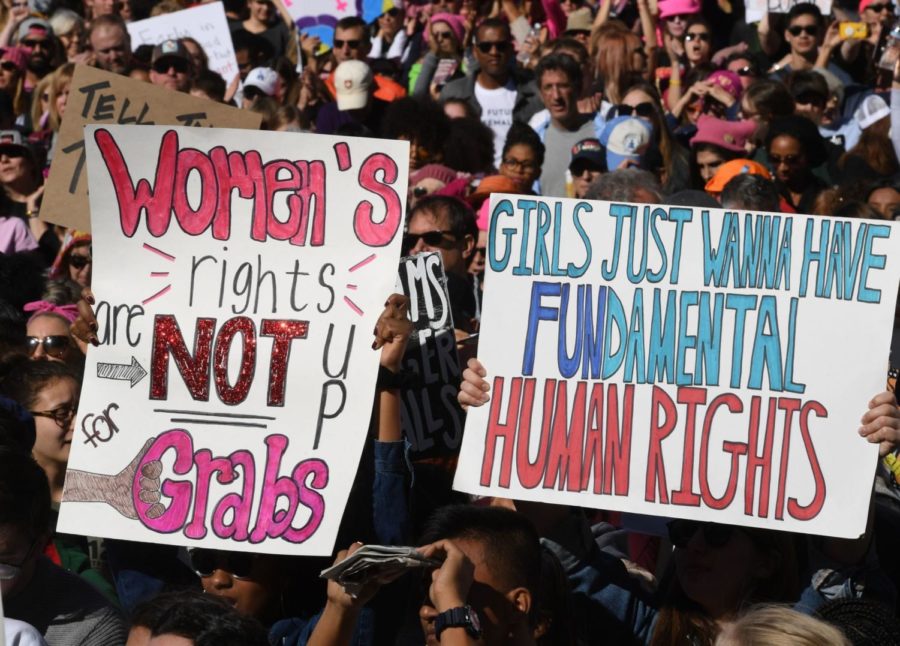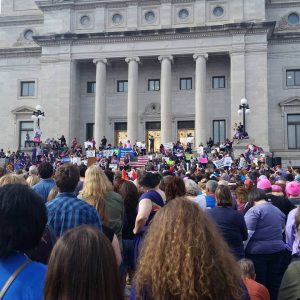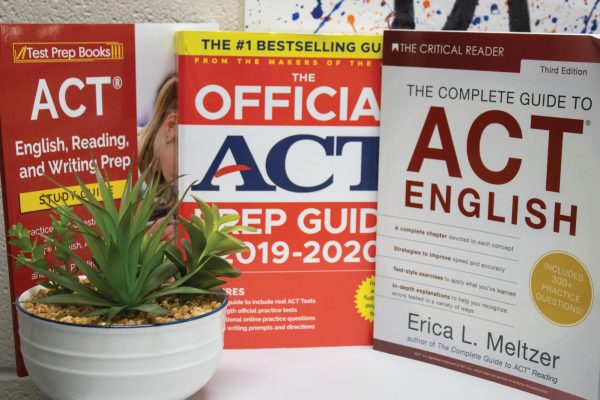Highlights of the Women’s March
February 6, 2018
The second annual National Women’s March was on Saturday, January 20th. There were hundreds of marches around the country all fighting for not the same reason, but for many reasons that women universally believe in. While attendance fell significantly since 2017 from 3 million people, there was still an impressive half-million person turn out this year. The Women’s March isn’t geared to only women; people of all genders, ages, ethnicity, religions, and incomes unify to peacefully protest Trump and views, as well as to fight against inequality. With such a powerful movement, there are surely significant events; here are the highlights.
Halsey, 23 year old singer/songwriter, is no stranger to scrutiny over her music which is commonly about her being comfortable with her sexuality. At the NYC March, Halsey recited an original poem, “A Story Like Mine”, outlining her experiences with sexual abuse. The poem quickly delves into the her sexual exploitation and powerfully captures the feeling of her experiences, the feelings associated with it, and how it is perceived by others. Halsey also took to her poem to call out Trump for not speaking out against these specific issues. Halsey truly came prepared to empower the protest.
Protesters everywhere brought more attention to the online #MeToo movement with their posters, stories, and posts. These stories are helping to provide support for people struggling with sexual abuse and to expose abusers. The Women’s March is an important place to push this movement because 1 in 6 women in the USA have experienced this problem.

Other prominent reasons for the protest is to fight against the pay gap, fight for Planned Parenthood, and for women’s rights. Celebrities such as Emma Watson, Scarlett Johansson, Mila Kunis, Natalie Portman, Viola Davis, and Common all participated in the protests. Their speeches and posts may have been about different subject content, but their message is unanimous: support all women.
Nothing is news these days unless some tea is spilled, and this brew is piping hot. Women of color were quick to point out the irony of white women protesting Trump when it was white women who contributed to Trump’s election in the first place. 64% of non-college-educated white women and 45% college-educated white women voted for Trump, while all categories for people-of-color show significantly lower Trump-supportive voting trends.
![]()
Follow The Women’s March on social media and view their website to keep in the know. Donate to your favorite women-supportive nonprofits. Treat everyone equally.
